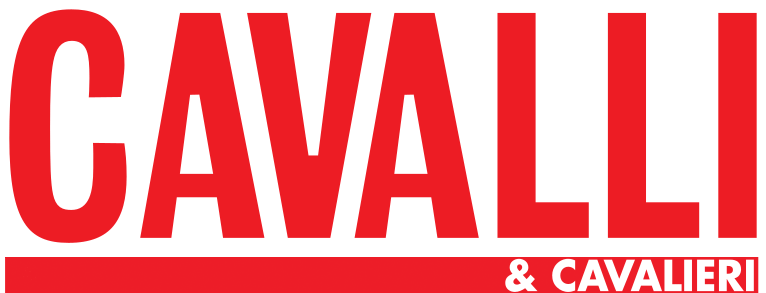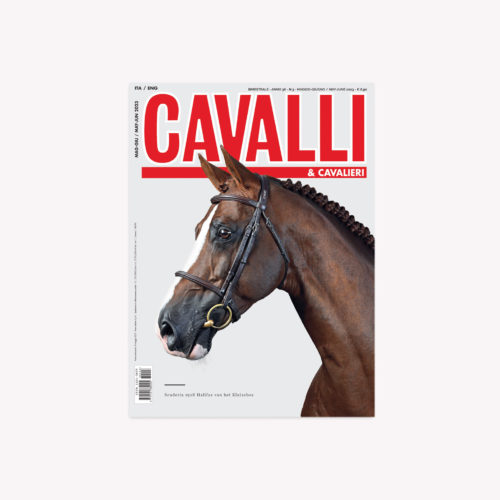A Good Life for Horses
The Equine Ethics and Wellbeing Commission (equinewellbeing.fei.org) was created by the FEI in June 2022. The purpose of the Commission’s work is to consider issues of public and equestrian concern, that may affect ongoing social acceptance of the involvement of horses in sport.
Specifically, the Commission was tasked with providing independent advice and recommendations to the FEI. This is to ensure equine welfare is safeguarded through ethical, evidence-based policy and practices in relation to training, management, performance and competition practices, and to improve the sport’s social license to operate One speaks of a ‘Social License to Operate’ (SLO) when any activity has society’s approval or consent.
Obtaining a social licence in equestrian sports means making the correct ethical choices as far as horses are concerned.
During the 2023 FEI Sports Forum (24-25 Aprile, Lausanne), the Equine Ethics and Wellbeing (EEWB) Commission (equinewellbeing.fei.org/) , put forward 24 draft recommendations to ensure a good life for horses in equestrian sport. This is the first time the EEWB Commission have held in-person consultations with the wider equestrian community on its work and findings since it was created by the FEI in June 2022.
During the 2023 FEI Sports Forum (24-25 Aprile, Lausanne), the Equine Ethics and Wellbeing (EEWB) Commission (equinewellbeing.fei.org/) , put forward 24 draft recommendations to ensure a good life for horses in equestrian sport. This is the first time the EEWB Commission have held in-person consultations with the wider equestrian community on its work and findings since it was created by the FEI in June 2022.
Professor Nat Waran, Chair of EEWB, explained what the paramaters are to guarantee the future of equestrian sports, respecting the ethical principles of the wellbeing of the horse.
La società si evolve nella coscienza e sensibilità, e dare priorità al benessere dei cavalli attraverso azioni positive, che devono essere comunicate con trasparenza, è fondamentale per garantire il futuro degli sport equestri. La FEI non ha solo un’influenza diretta ma anche indiretta sul progresso della conoscenza e della comprensione del benessere equino. In particolare, sulla qualità della vita di un cavallo da competizione, dall’allevamento, alla gestione iniziale, alle pratiche di addestramento, all’esperienza nelle competizioni, fino alla fine della sua carriera e della sua vita.
Societal attitudes are changing, and prioritising equine welfare through clearly communicated positive actions, is critical to ensure the future of equestrian sport. The FEI has not just a direct, but also an indirect influence on advancing knowledge and understanding of equine welfare. Specifically, around the quality of a competition horse’s life from its breeding, early management, training practices, experience at competitions, through to the end of his career and life.
The FEI’s vision for sustaining equine participation in sport, now and into the future, needs to address ethical concerns related to equine involvement in sport as well as during a horse’s lifetime.
It must be clear that all equestrians should recognise that they have an individual and collective responsibility for ensuring that equine welfare is prioritized. Maintaining a Social Licence to Operate means recognising that changes will inevitably be necessary to ensure equestrian sports continue to have the approval and acceptance of wider society. These shouldn’t just be concerns for the FEI, but should be taken into consideration by all of the national federations.
The FEI’s vision for sustaining equine participation in sport, now and into the future, needs to address ethical concerns related to equine involvement in sport as well as during a horse’s lifetime.
It must be clear that all equestrians should recognise that they have an individual and collective responsibility for ensuring that equine welfare is prioritized. Maintaining a Social Licence to Operate means recognising that changes will inevitably be necessary to ensure equestrian sports continue to have the approval and acceptance of wider society. These shouldn’t just be concerns for the FEI, but should be taken into consideration by all of the national federations.
At the end of the day, as Niccolò Machiavelli once said, if ‘the end always justifies the means’, the ‘Social License to Operate’ is a very welcome tool to guarantee horses welfare, as well as the good quality of life they deserve, and all the respect we owe them. We have been fighting to achieve this for a very long time and we can’t wait for this to happen.





